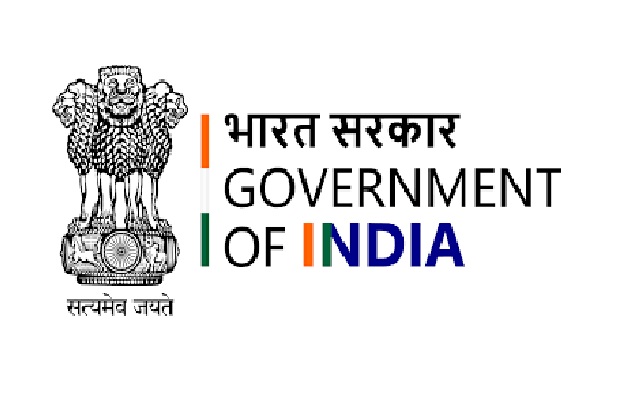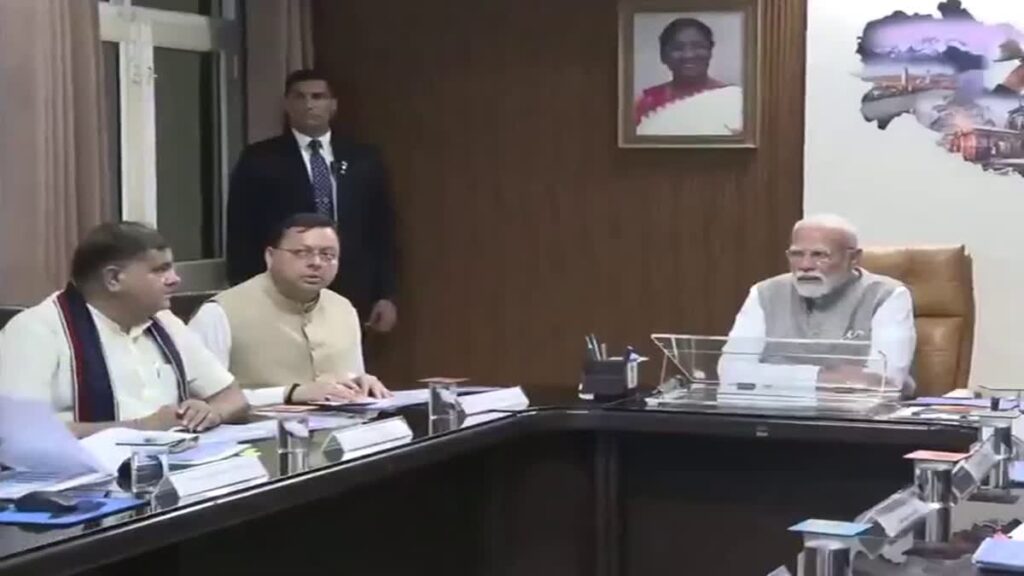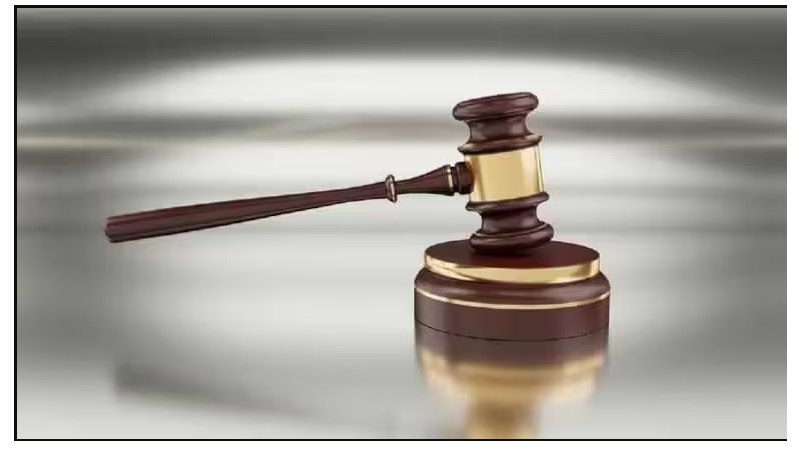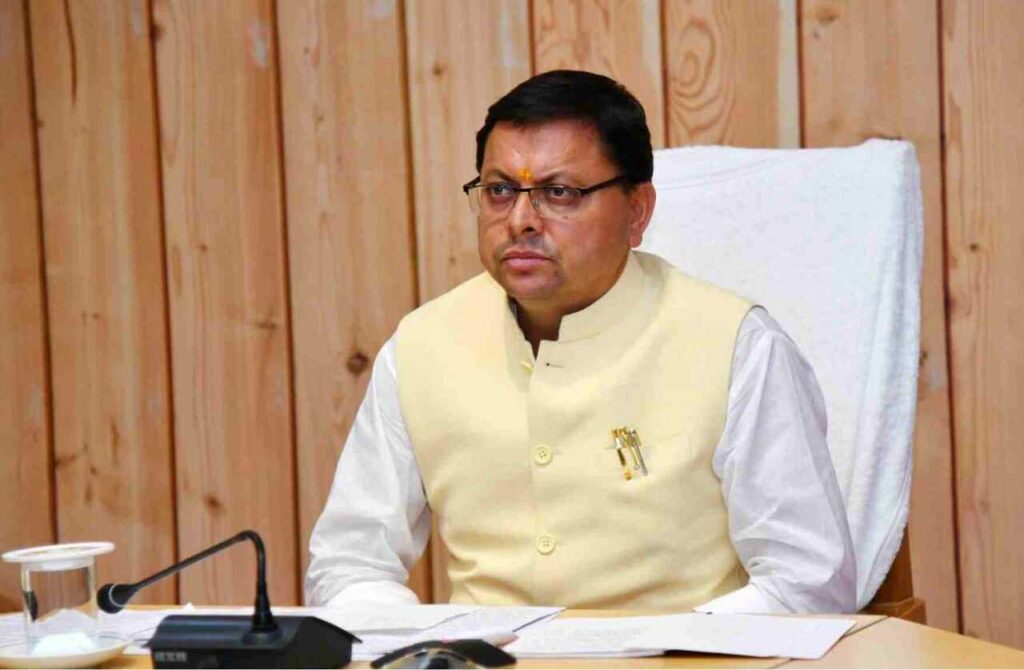The government is set to carry out the long-awaited Census next year, aiming to complete the process by 2026. Discussions are ongoing regarding the potential inclusion of caste enumeration in the Census, according to sources.
Following the Census, the government plans to proceed with delimitation to redraw constituency boundaries, a process linked to the upcoming women’s reservation initiative. Historically, the 2002 NDA government, led by Atal Bihari Vajpayee, postponed delimitation by 25 years through the 84th Amendment, stating it would only occur after the 2031 Census figures were published. However, current plans suggest that delimitation could begin as early as 2027 and be completed within a year, allowing the next Lok Sabha elections in 2029 to be conducted post-delimitation and after the implementation of the women’s reservation Bill.
Recently, the tenure of Mrityunjay Kumar Narayan as Registrar General and Census Commissioner of India was extended until August 2026.
There has been significant demand from various political factions, including the Congress and allies, as well as some ruling NDA partners like JD(U), Lok Janshakti Party, and Apna Dal, to include caste enumeration in the Census. The BJP’s ideological parent, the RSS, has also expressed support for a caste census, emphasizing the importance of accurate demographic data. However, the government has yet to finalize a formula for its implementation.
Concerns about how to approach caste enumeration have been raised, with suggestions to incorporate the OBC category alongside existing counts of Scheduled Castes, Scheduled Tribes, and religious demographics, including surveys of sub-sects within these categories.
The delimitation process is expected to encounter challenges, particularly from southern states worried about losing political representation due to their relatively lower population growth compared to northern states. State governments, including Andhra Pradesh’s, have voiced these concerns publicly, with calls for increased population growth to counterbalance aging demographics.
Government sources acknowledge these concerns and are committed to avoiding any measures that could disadvantage southern states, which have made significant strides in population control and social development.
A senior Union minister stated, “The Prime Minister has made it clear that the delimitation process should not wedge any divide between the North and South. Adjustments to population-area formulas may be necessary, and discussions with all stakeholders will be conducted to reach a consensus.”
The necessary amendments for the delimitation process will include changes to several constitutional articles, including Article 81 (defining Lok Sabha composition), Article 170 (Legislative Assemblies composition), Article 82, Article 55 (presidential election process), and Articles 330 and 332 (covering reservations for Lok Sabha and Legislative Assemblies).
As preparations for these critical processes unfold, the government is seeking to balance representation and accountability across all regions. Stay tuned for further updates on the Census and its implications!








